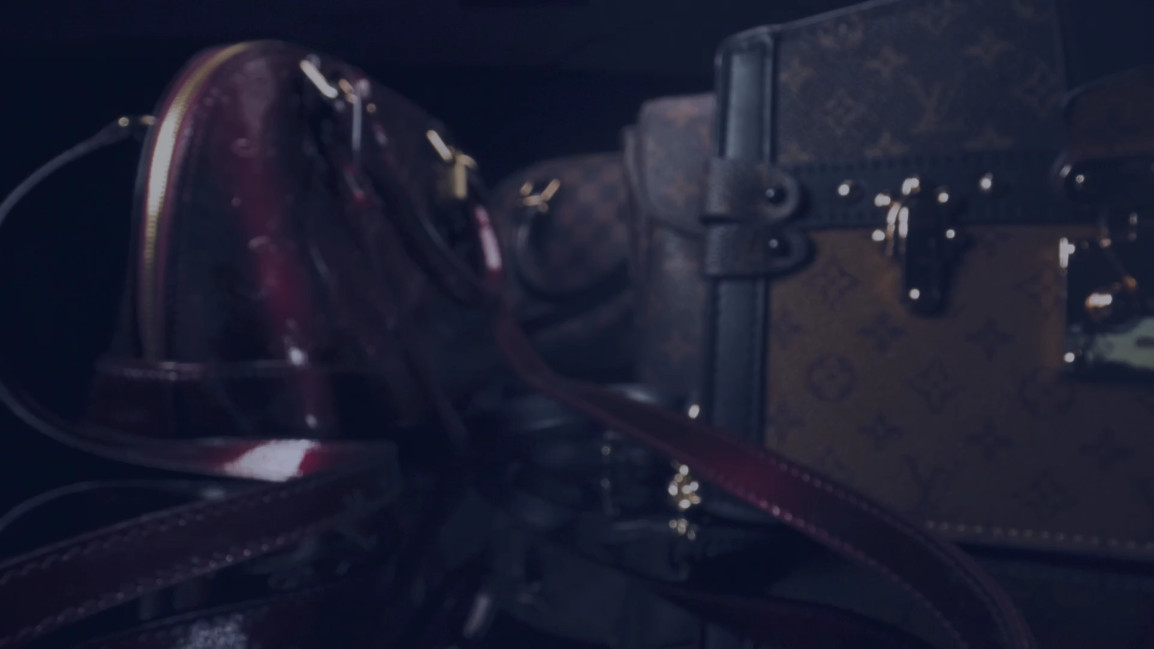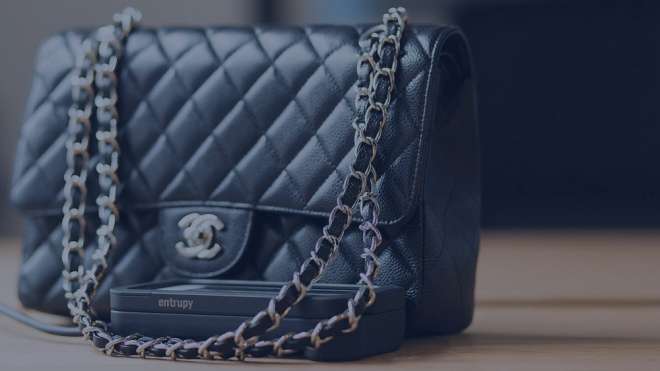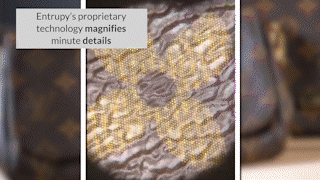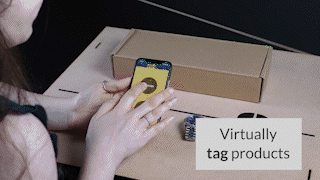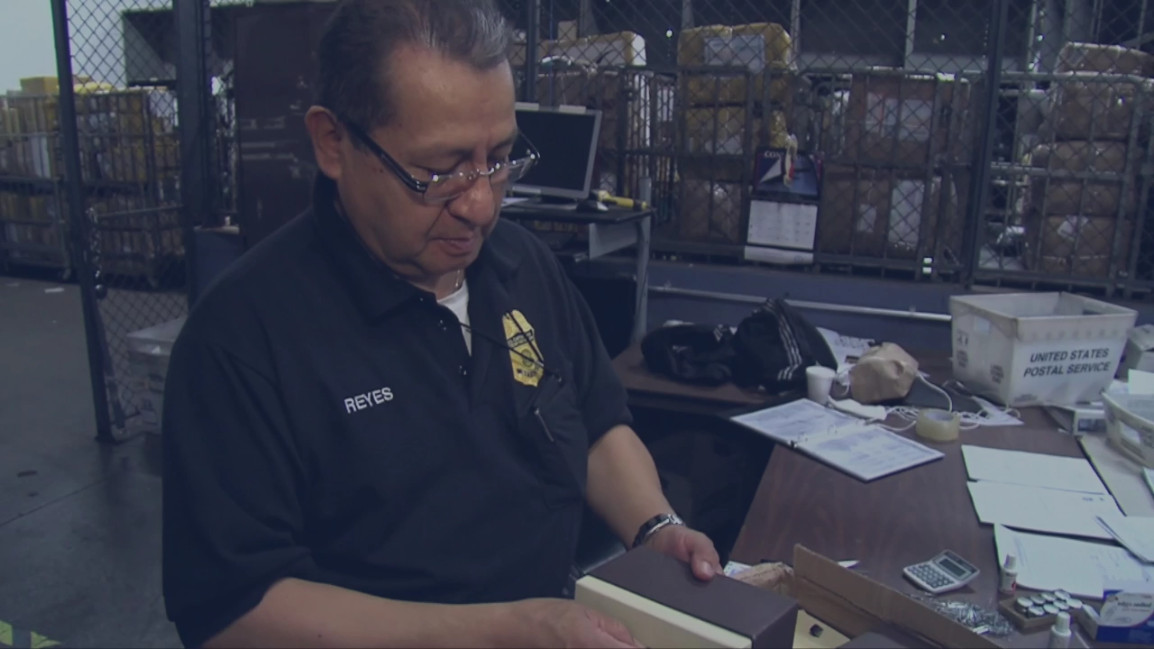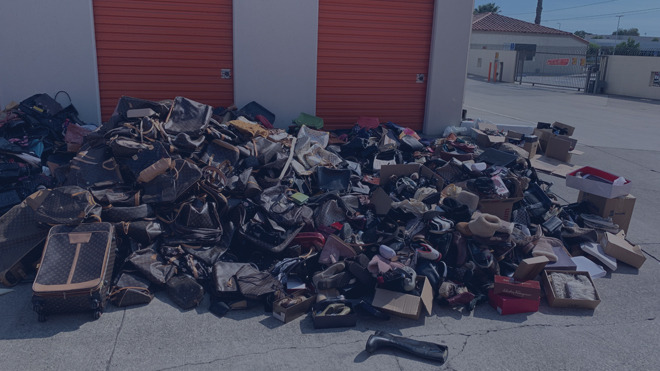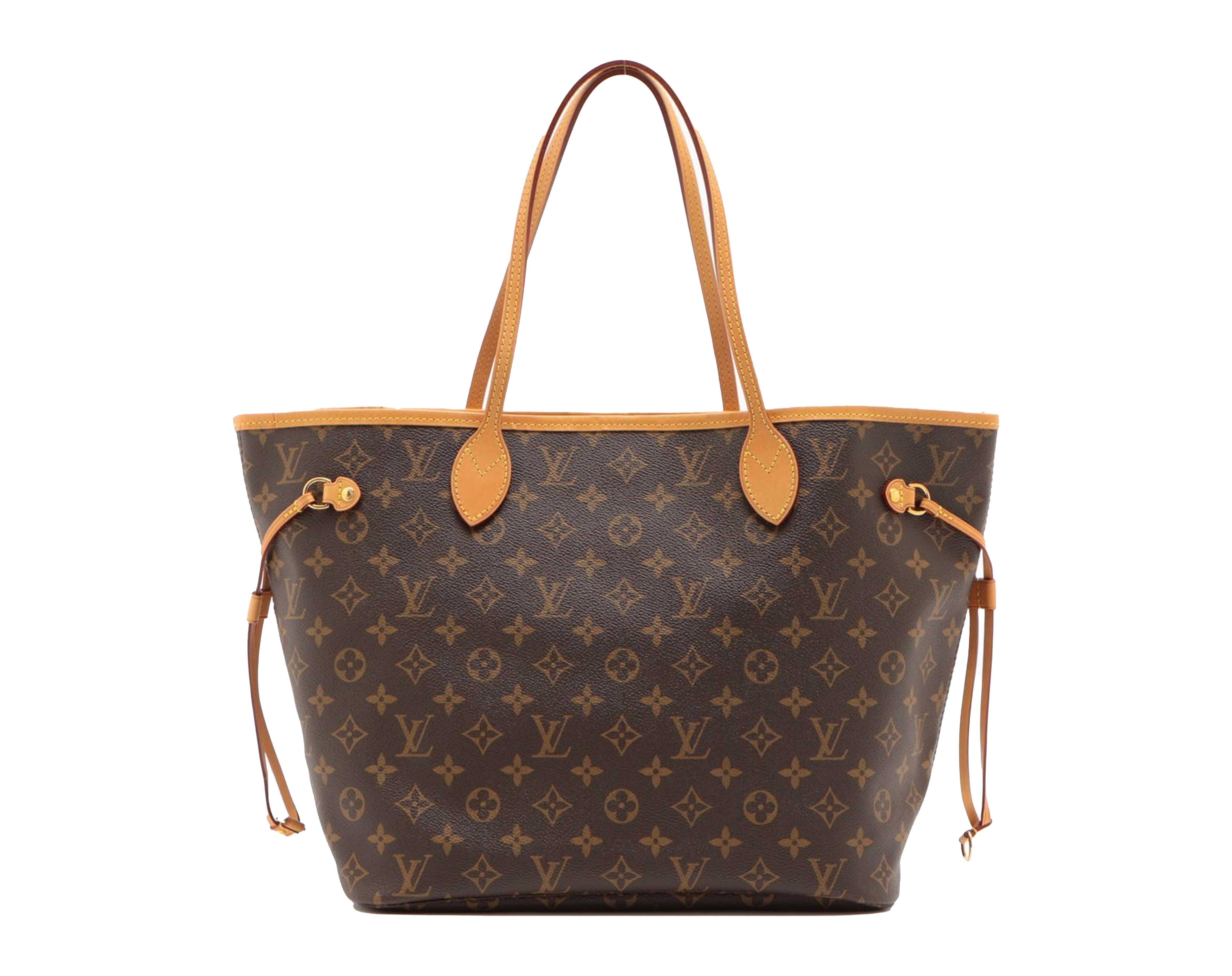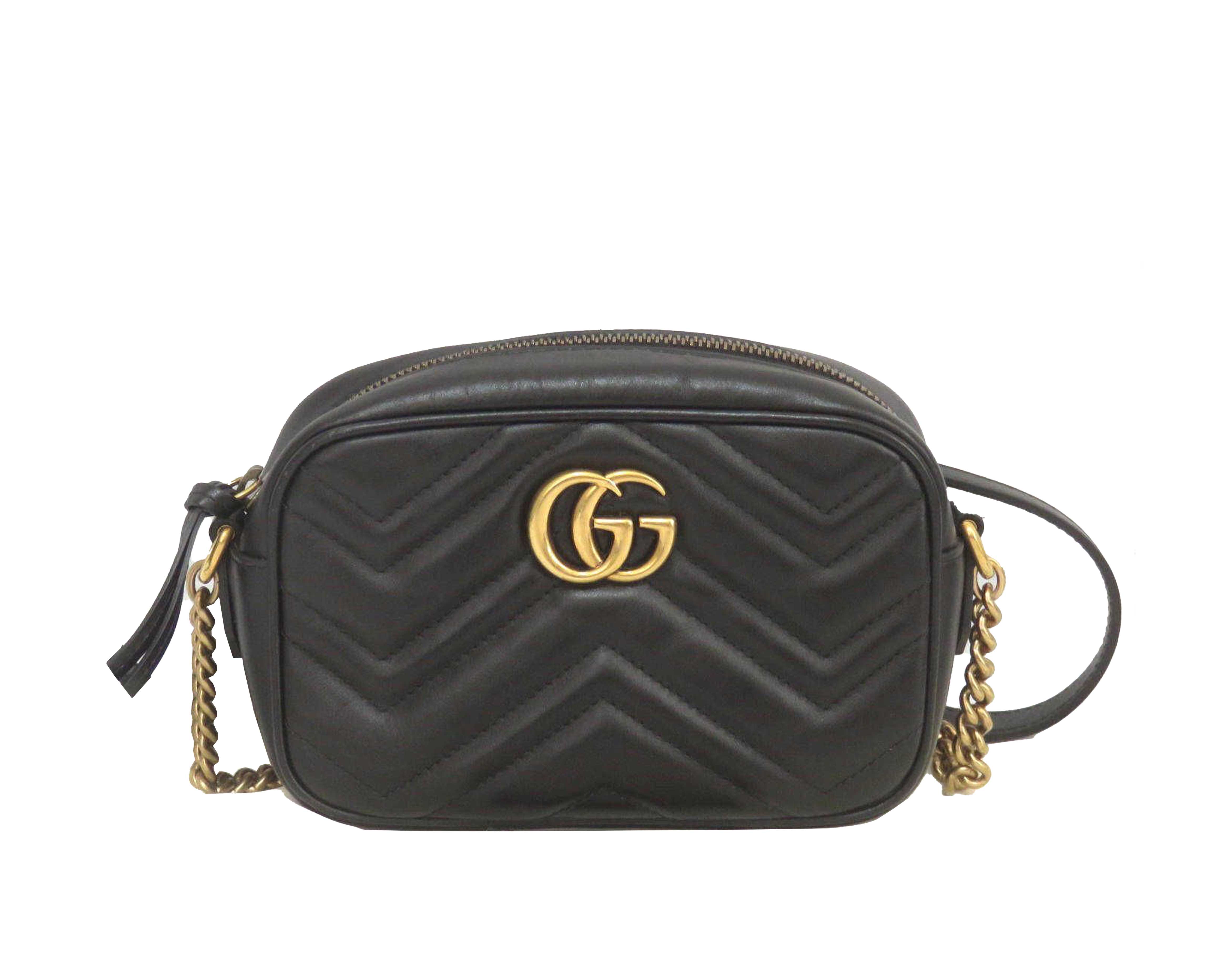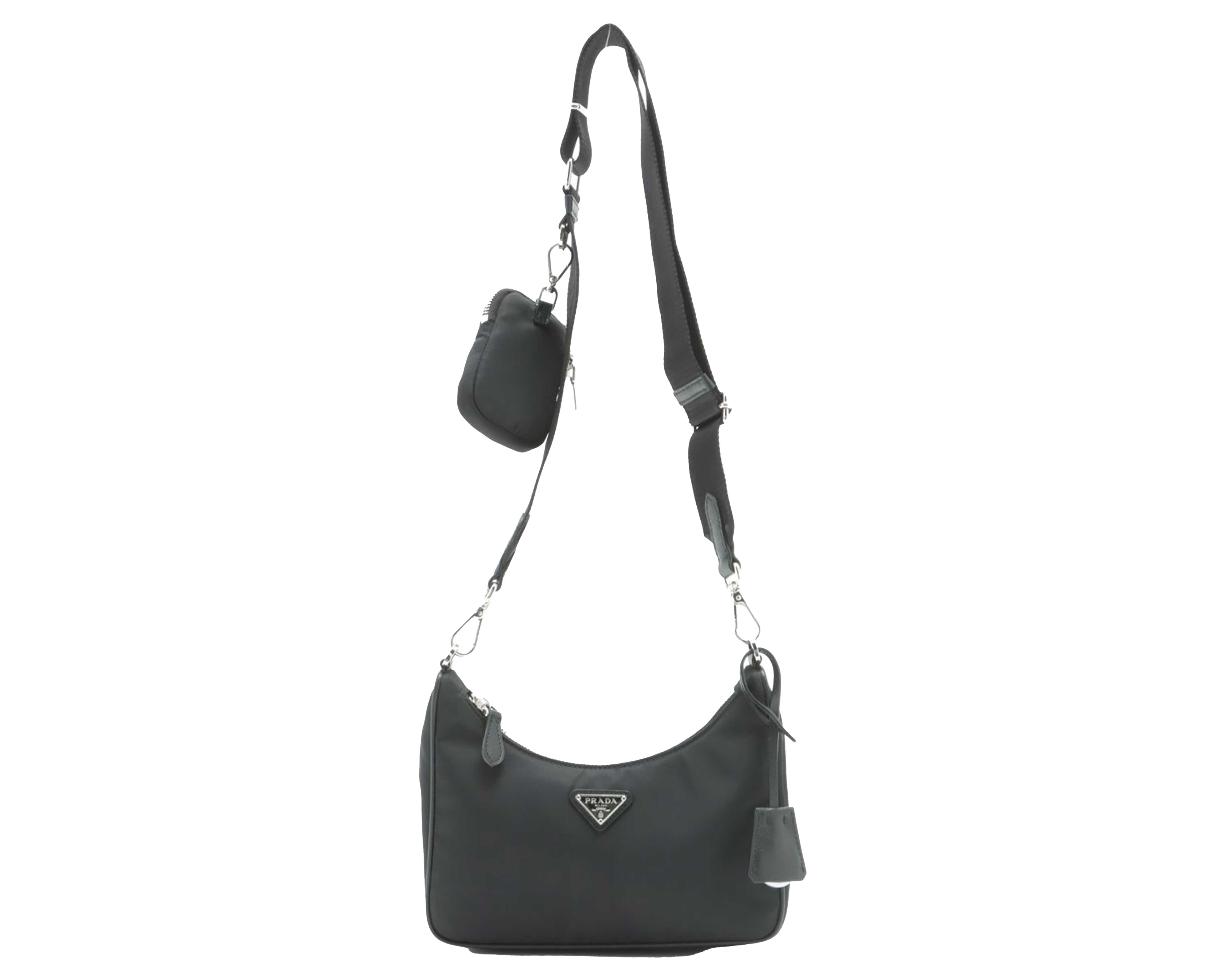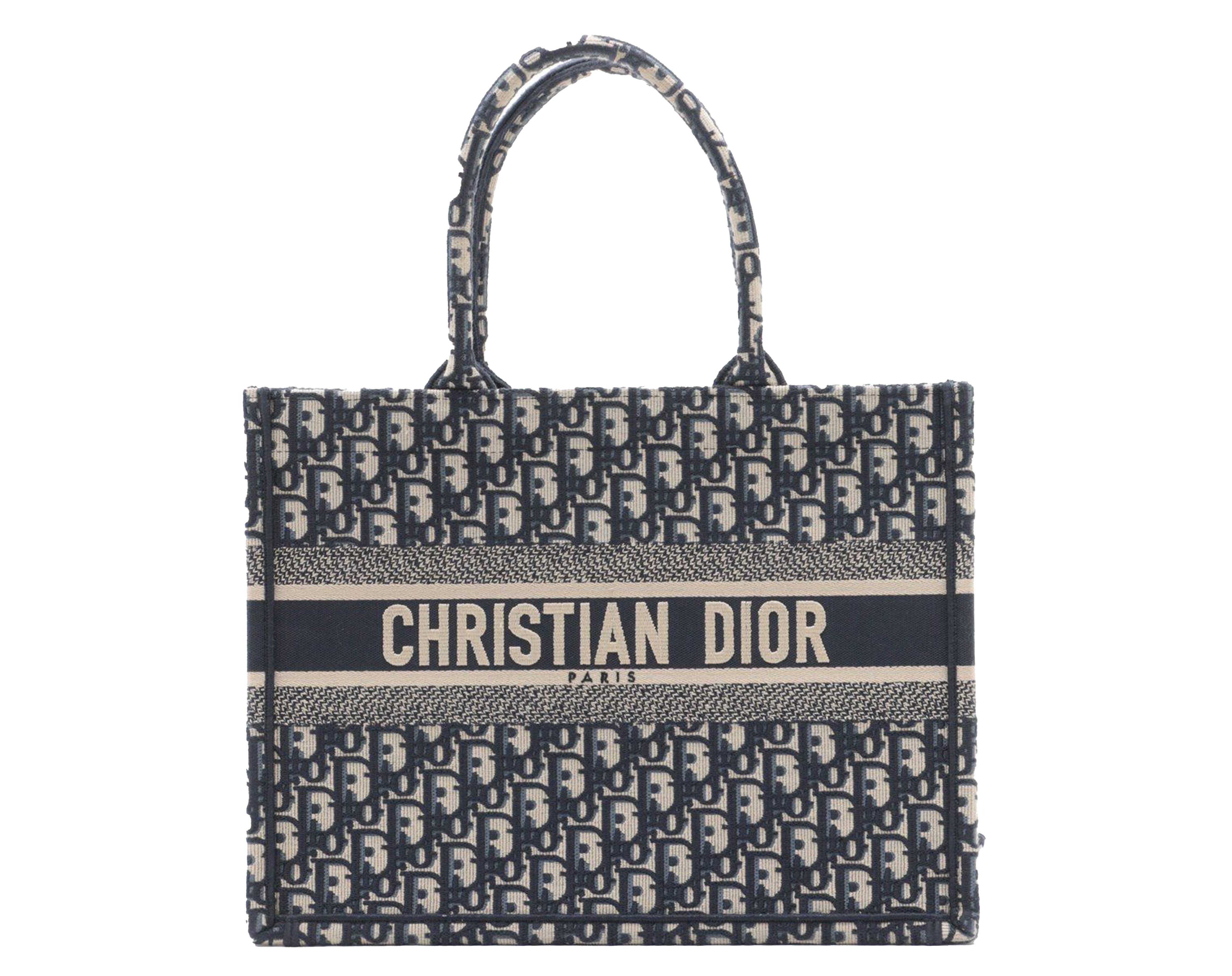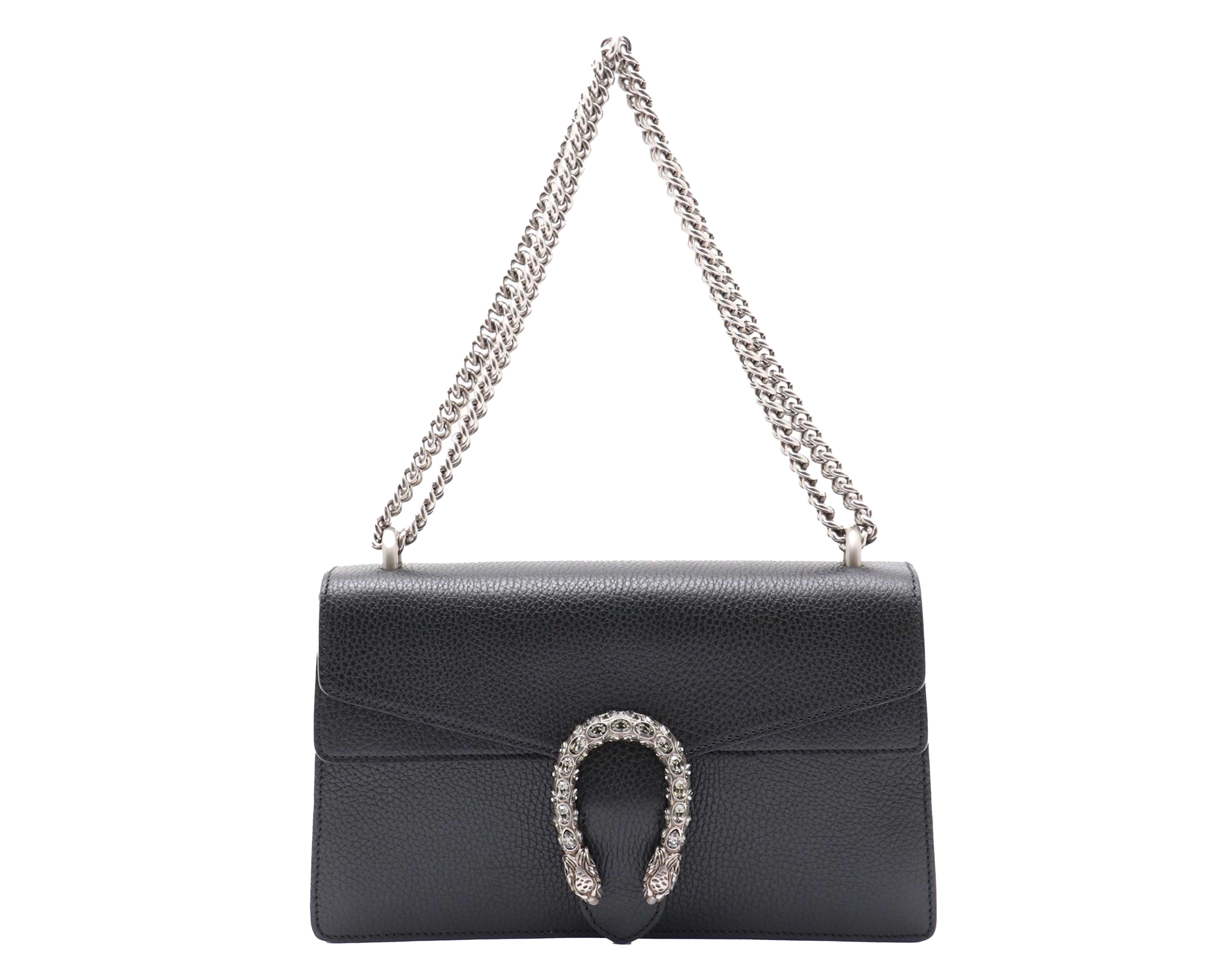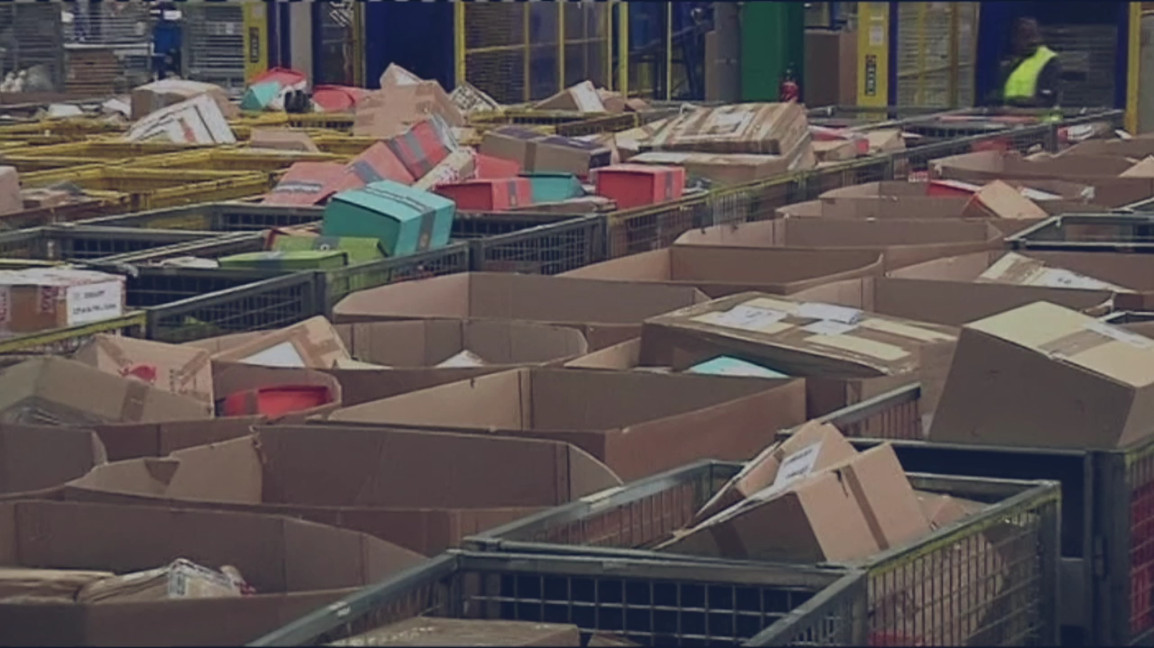FOREWORD: ENTRUPY STATE OF THE FAKE 2022
The COVID-19 pandemic had an enormous impact on the way people shop and what they buy. Not only did the proportion of sales conducted across traditional e-commerce channels surge, there was a massive increase in shopping via livestream and social networks. At the same time, there were big changes in consumer attitudes about buying pre-owned products. Many shoppers, now aware of their own carbon footprints, are making second-hand their first choice.
Even in luxury markets, the stigma of “used” is fading fast. According to management consulting firm Bain & Company, second-hand sales of luxury items across all categories grew 65% from 2017 to 2021, a rate five times faster than the primary market. These factors together are leading more and more businesses that have traditionally traded first-hand to enter secondary markets. While the large-scale success of this remains to be seen, these are early days of the modern era in luxury.
The fact that more people are not just buying more pre-owned products but have more choices from where to do so is, in many ways, great. For one, it’s opening avenues for a host of new players and ways to trade pre-owned items, and that’s feeding a robust circular economy. On the other hand, it has also brought to light some of the secondary trade’s inefficiencies, and perhaps even more so, it’s giving bad actors even more ways to profit from the trade of counterfeits.
The larger marketplaces and platforms have made great strides in the past several years as they’ve instituted initiatives that are proving successful at curbing the trade of illicit products across their properties. Still, younger shoppers are the majority of those participating in resale transactions, and their love of shopping via livestream on platforms like TikTok and Instagram is giving counterfeiters nearly unlimited access to huge audiences. And since there will never be enough Birkin bags or Air Jordan 1s for everyone who wants them, many in those audiences are far more eager to get their hands on the items they want than they are concerned about authenticity.
Entrupy has been an impartial, objective, first-hand witness to these changes. After powering over a million verifications for customers in 70 countries, we have a particularly unique and incredibly global view over the entire market for counterfeits. We also actively partner with stakeholders from businesses, organizations and governments as they work to address it.
Unfortunately, alongside these advances we’ve seen the other side evolve, acting faster and producing increasingly high quality counterfeits, which come at a high cost to industries, economies and entire societies.
With this new edition of the State of the Fake report, we are again sharing our proprietary data along with the rare insights we garner from hundreds of thousands of AI-driven evaluations performed on products from around the world with the goals of building awareness about the murky world of counterfeits and what Entrupy, along with the industry, is doing to combat it. We are also looking at resale with a lens extending beyond counterfeits to offer unbiased observations and suggestions about how the industry can move forward and reach its full potential.
There’s enormous opportunity for merchants in the primary economy to benefit from circular economy initiatives, and many retailers are making the conscious decision to get involved in resale. On the other hand, given the vast size and rapid growth of the secondary market as well as an increasing trust deficit when transacting within it, brands can no longer choose to not participate. Whether or not they play an active role, transactions involve the company, their products and their customers, and that effectively makes them a part. For this reason, it’s important that luxury brands seriously consider their answers to questions including: When a customer buys my brand indirectly, what is my brand’s responsibility to that customer? How do interactions of which we are not part of impact our past, current and future customer relationships? What impact, if any, do these transactions have on our primary market sales?
Entrupy remains committed to being a gatekeeper of trust in transactions across the luxury industry. Counterfeiting is a massive, generally invisible threat to humanity. But we believe that educating consumers, partners and furthering the industry conversation are critical to ultimately building a better, safer and more forthright society.
As always, we welcome any feedback or questions.
Vidyuth Srinivasan
Chief Executive Officer, Entrupy Inc.


